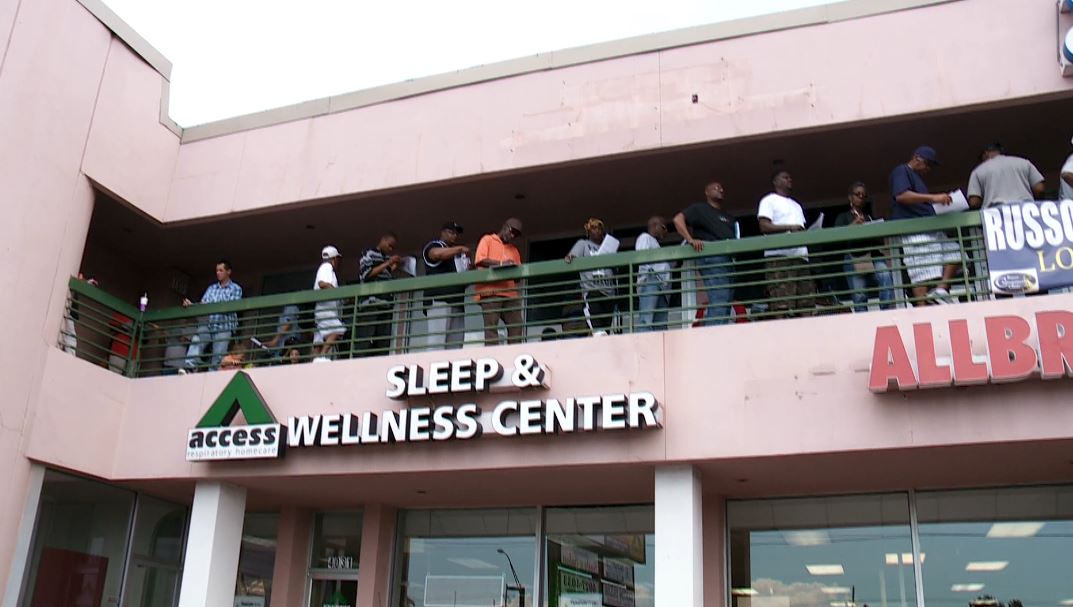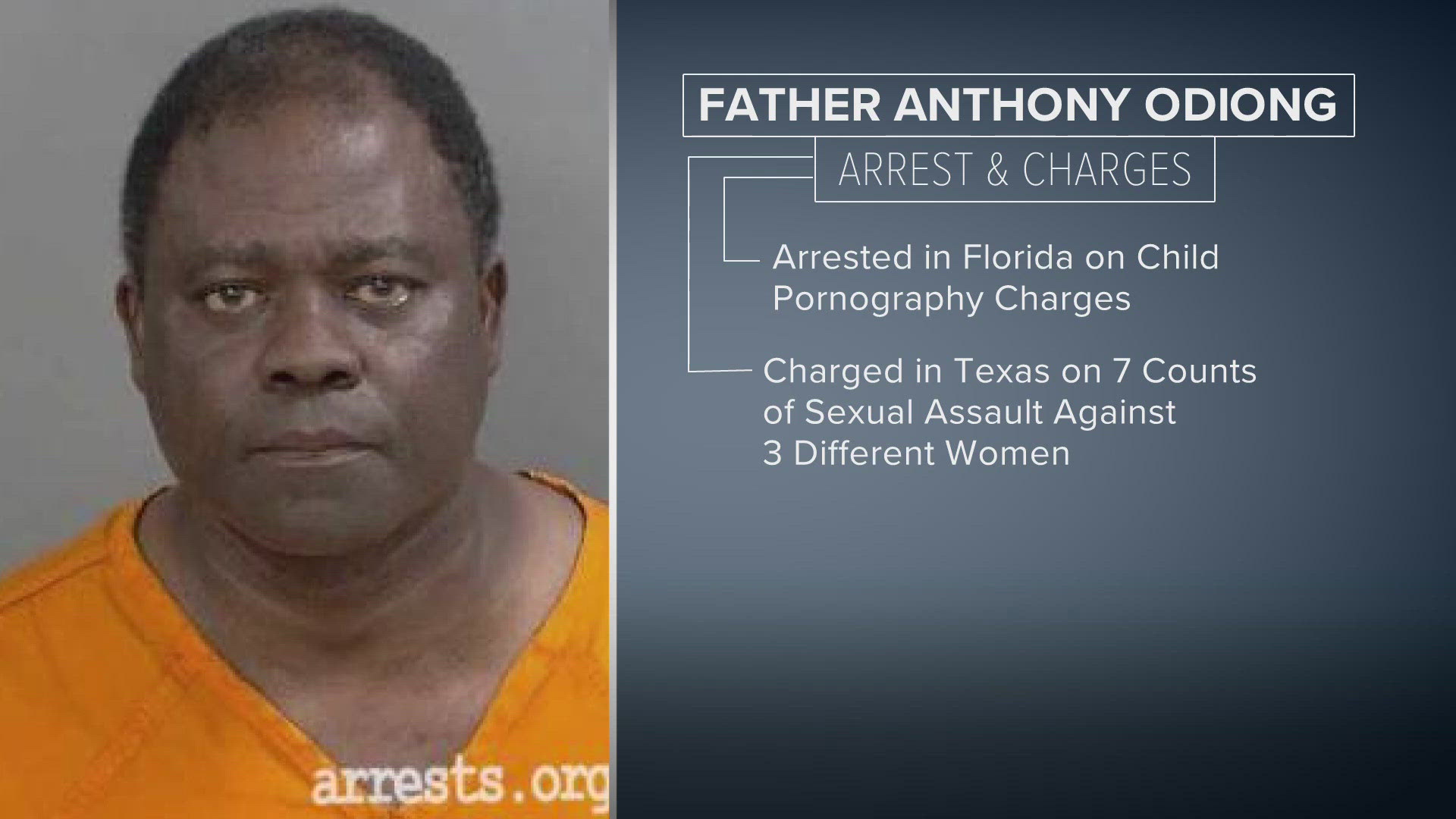METAIRIE, La. – They lined up dozens deep on a balcony overlooking Veterans Highway most of the day Monday, sweating out a last chance to file paperwork to claim compensation for damages from the BP oil spill.
The deadline at 11:59 p.m. Monday came more than five years after the worst offshore oil spill in U.S. history virtually halted fishing and shoreline business for months, then left lingering effects on ancillary businesses – and more than three years after a multibillion-dollar court settlement was confected to compensate most of those hit with economic losses.
Justin Winfield was at the Metairie strip mall because he lost two restaurant jobs in the wake of the spill, saw many of his co-workers collect thousands of dollars, but had his own claim denied by the BP-run claims facility that doled out money before the 2012 court settlement.
"I had letters from my employers stating that we had lost money as a direct result to the Deepwater Horizon," he said. "I was denied."
But stories like Winfield's, or like that of flooring installer Samuel Green III, whose business failed after the spill and who said he was just getting around to filing on the last day because of his busy schedule, were not the norm on this last day of filing.
Instead, most of those showing up Monday were people who vaguely heard that a fishing license would get them compensation.
More than 220,000 claimants collected $6.5 billion in the two years before the settlement, and 65,000 businesses and individuals have settled for another $5.3 billion so far under the three-year-old court agreement.
Claims administrator Patrick Juneau said as many as 10,000-15,000 more claims could come in over the final weekend – either by mailing their claims forms, filing them online or appearing in-person at one of 10 claims centers between Lake Charles and Fort Myers, Fla.
Juneau said Monday it was too early to tell how many new claims had come in so far and would take several more days to count all of the mailed applications and account for duplicates or improperly filed forms.
This late in the game and this many billions of dollars down the line, most of the late-filers seemed drawn by a new lure. All but a handful of the 50 people waiting to enter the Metairie claims center office at 1 p.m. were recreational fishermen, many saying they had heard recently that claims for loss of recreational fishing were being paid.
"I heard that now, (if) you fish that you can file a claim. So that's what I'm here for," said Nathan Trepagnier. "But I was hoping that they'd go straight to the wildlife and fishery, find everybody whose name is on the list that bought a fishing license for those years and pay them, instead of sitting in this long line."
Steve Herman, the lead attorney who negotiated the settlement on behalf of claimants, said there's a lot of confusion about what recreational fishermen can claim.
"You can file a subsistence claim using a recreational fishing license, but there's no claim for loss of recreational fishing," Herman said. "You actually have to have a subsistence loss."
Proving a loss of subsistence – of animals hunted or fish caught to feed one's self or one's family – has not been easy over the course of the oil spill claims process. The head of the claims facility before the settlement, Ken Feinberg, paid next to no subsistence claims in spite of several intense negotiations with Vietnamese-American fishing community leaders and others claiming large subsistence losses.
More than 50,000 subsistence claims have been filed with the settlement claims program, with 30,000 of them processed so far. But only 13,000 of them are eligible for an average of about $7,200 per claim, and only 8,500 subsistence claimants have been paid to date.
Settlement program administrator Patrick Juneau says subsistence is the largest source of new claims over the last month or two, and he says he's determined to get them processed and paid.
"We've still got a lot of these subsistence claims left to process, a lot of which we've just gotten in the past two months," Juneau said.
All signs indicate the casual fishermen who showed up in the final hours Monday with little more than a fishing license could have a hard time proving their losses.
"They're all being challenged in court," Herman said.


